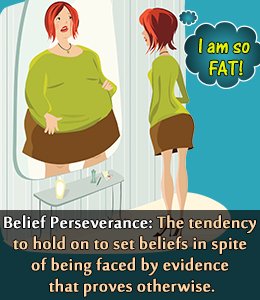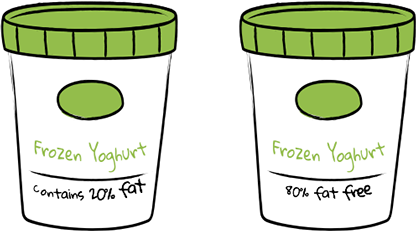How do we form good and bad decisions?
The process by which we reach the decisions we make is quite complex and nuanced. A lot of factors come together to cause us choosing one thing over another. Some ways are better than others since they result in more reasonable conclusions and better satisfaction, while others result in incorrect conclusions. Let's have a look at some of them here.
Intuition
We most often make decisions by following our intuition which is our fast, automatic and unreasoned feelings and thoughts. Intuition, however, does enable us to make good decisions when we also think rationally and evaluate evidence. In making complex decisions, it helps to avoid thinking of the problem consciously and to allow the mind to process the information on a subconscious level. Letting the problem ‘incubate’ while we work on other things often helps us make better choices. Intuition also helps us to react to possibly dangerous surroundings. For example, being afraid of a stranger because he looks like someone who had harmed you in the past. Sometimes we dislike someone and cannot explain the reason for this dislike. This can perhaps be attributed to intuition. Intuition also helps us recognise familiar situations in skills that we are trained in. For example, a trained chess player would intuitively know the right move by just looking at the board.
Heuristics
Another strategy we adopt for making quick decisions is heuristics which is an educated guess based on our prior experiences that help us to narrow down the possible solution to a problem. A common type is the availability heuristic which is when we estimate the likelihood of events based on how readily they come to mind. The rationale behind this is: if examples of such events can be readily brought to mind, they must be more frequently occurring. For example, although the chances of car accidents are much greater than those of plane crashes, since a plane crash is more dramatic and is covered more by the media, we would remember it better and hence overestimate our chance of being a victim of a plane crash. Another example could be overestimating our chance of winning the lottery. This is simply because lottery winners are given a lot of publicity in the media and hence we can easily think of such examples. Availability heuristics are the reason why we fear the wrong things.

Overconfidence
Overconfidence is the tendency to overestimate the accuracy of our beliefs and judgements. When we are more confident than we are correct, problems occur. For example, BP’s oil spill into the Gulf of Mexico was because they downplayed safety concerns and later downplayed the magnitude of the damage. Overconfident students believe that they can finish their assignments ahead of schedule, but it actually takes twice the number of days predicted. Although overconfidence leads to problems, such people seem more credible and are often happier and can make tough decisions more easily. Also, with time, people learn to be more realistic about their judgements.
Belief Perseverance
Belief perseverance is our tendency to cling onto our beliefs in the face of clear contrary evidence. For example, parents who are against vaccination continue to believe so in spite of scientific evidence of the working of vaccinations. In fact, showing such a person two sides of the argument only fuels their belief. However, specifically asking people to imagine that the other side of the issue produced similar results, caused the people to think of the matter more objectively and be less biased. Once a belief is formed, it takes more evidence to change it than it did to create it.

Framing
Framing is the manner in which an issue is presented. It has a huge control over our decisions and judgements. Using numbers instead of percentages scares people more. For example, telling people that a chemical exposure can kill 10 out of 10 million people, rather than 0.000001% chance. A surgeon saying that a procedure has a 90% success rate is more convincing than him saying it has a 10% failure rate. The way something is framed is a common basis for our decision-making, and can lead to very poor outcomes.

@originalworks
The @OriginalWorks bot has determined this post by @sequeira to be original material and upvoted it!
To call @OriginalWorks, simply reply to any post with @originalworks or !originalworks in your message!